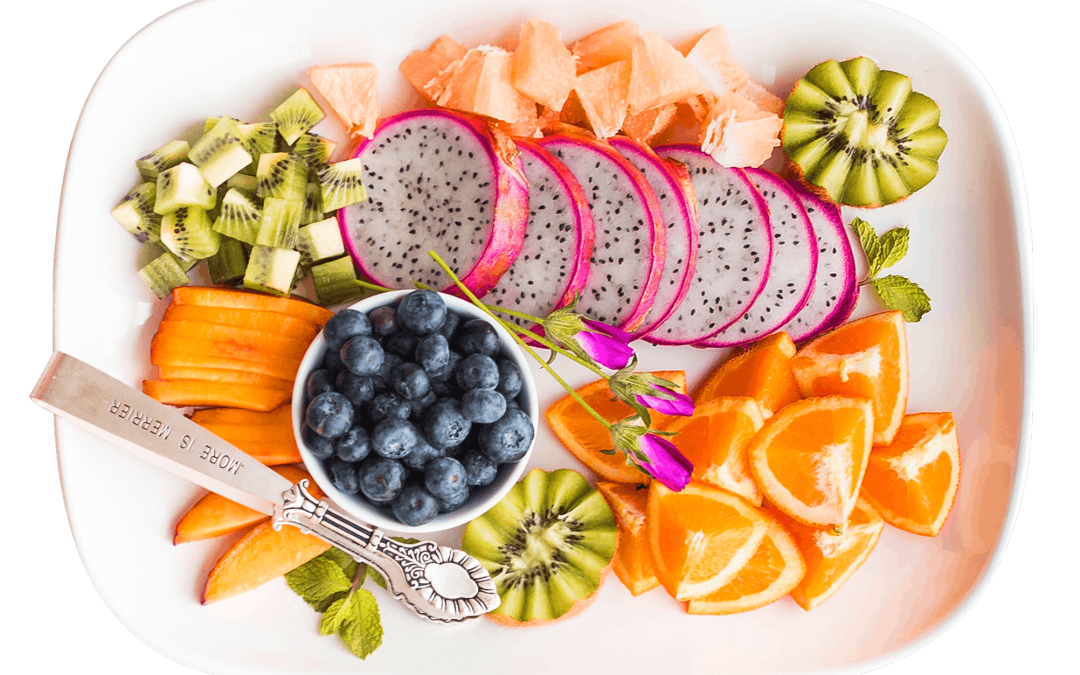Individuals on low-carb diets may find it difficult to provide their bodies with satisfaction in terms of food, but lowering one’s intake of carbohydrates can be incredibly beneficial health-wise. While these compounds are essential for energy, many people replace carbs with proteins, healthy fats, fruits, and vegetables. So, why partake in a low-carb diet?
One of the more popular reasons why people choose to go on low-carb diets is because they are looking to lose weight. The notion of ‘carbs = fat’ is fairly common, and while it does hold some truth, it should not be the entire basis for choosing this diet.
Because the human body stores carbohydrates, which can later become fat if not used for energy, many people seem to think that cutting out carbs entirely will result in no fat gained. However, research has shown that after 12 months, individuals on a low-carb diet did not lose more weight than those on a low-fat diet. This can make finding the right balance challenging. But, the following tips can help alleviate those challenges, and help you stick your low-carb fast.
Know Low-Carbs
There are many foods available that are low in carbohydrates, including lean meats such as chicken, pork, or sirloin. Others include fish, eggs, leafy green vegetables, nuts, apples, and blueberries. If cutting dairy out of your diet proves more challenging than expected, whole milk and plain Greek yogurt are low-carb as well.
Plan Your Meals
Planning your meals ahead of time can save a lot of hassle, especially for those with strict dietary restrictions. Knowing what you are going to eat for breakfast, lunch, and dinner every day that week is a great way to prevent you from falling off the wagon. Similar to this tactic, meal prepping is just as, if not more effective. Cooking and creating all of your meals for the week allows you to stick to this diet, and avoid giving into cravings such as sweets or fast food. Additionally, this can save you a decent amount of money in the long run.
Know the Different Carbs
Carbohydrates can be categorized as simple or complex. Simple carbs are comprised of easy sugars to digest, which include white sugar and flour. Complex carbs take much longer to digest, and are found in nutrient-rich foods like beans, whole grains, and fiber-heavy fruits. These also tend to make people feel fuller faster. When on a low-carb diet, try to reduce your intake of refined or processed carbs.
